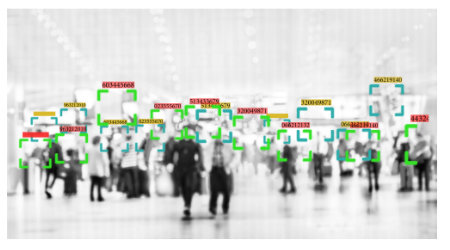
Managing Energy Demand Can Aid Move To Clean Energy
August 27, 2021
Institutional and commercial facilities use about three-quarters of electricity in the United States, so they offer huge potential for saving energy and reducing demands on the electric grid. But what specific strategies could enable maintenance and engineering to streamline and maximize the performance of buildings’ electricity systems and produce tangible savings?
A comprehensive new study led by researchers from the U.S. Department of Energy's Lawrence Berkeley National Laboratory answers this question by quantifying what managers can do to make buildings more energy efficient and flexible in granular detail by both time and location, according to EurekAlert! The research team, which also included scientists from the National Renewable Energy Laboratory, found that maximizing the deployment of building demand management technologies could avoid the need for up to one-third of coal- or gas-fired power generation and would mean that at least one-half of all such power plants that are expected to be brought online between now and 2050 would not need to be built.
The researchers approached electricity use from buildings as a grid resource. By increasing the efficiency and flexibility of buildings' electricity use, such as by operating higher-performing equipment and shifting the time when its usage takes place, they found this resource to be substantial, avoiding up to 742 terawatt-hours (TWh) of annual electricity use and 181 gigawatts (GW) of daily net peak load in 2030, rising to 800 TWh and 208 GW by 2050. Total U.S. electricity consumption in 2020 was about 3,800 TWh.
The researchers found that one of the most impactful measures for commercial buildings is plug load management, where software is used to manage the electricity use of computers and other electronic devices in a building, was most impactful.
Dan Hounsell is Senior Editor, Facility Market.
Next
Read next on FacilitiesNet












